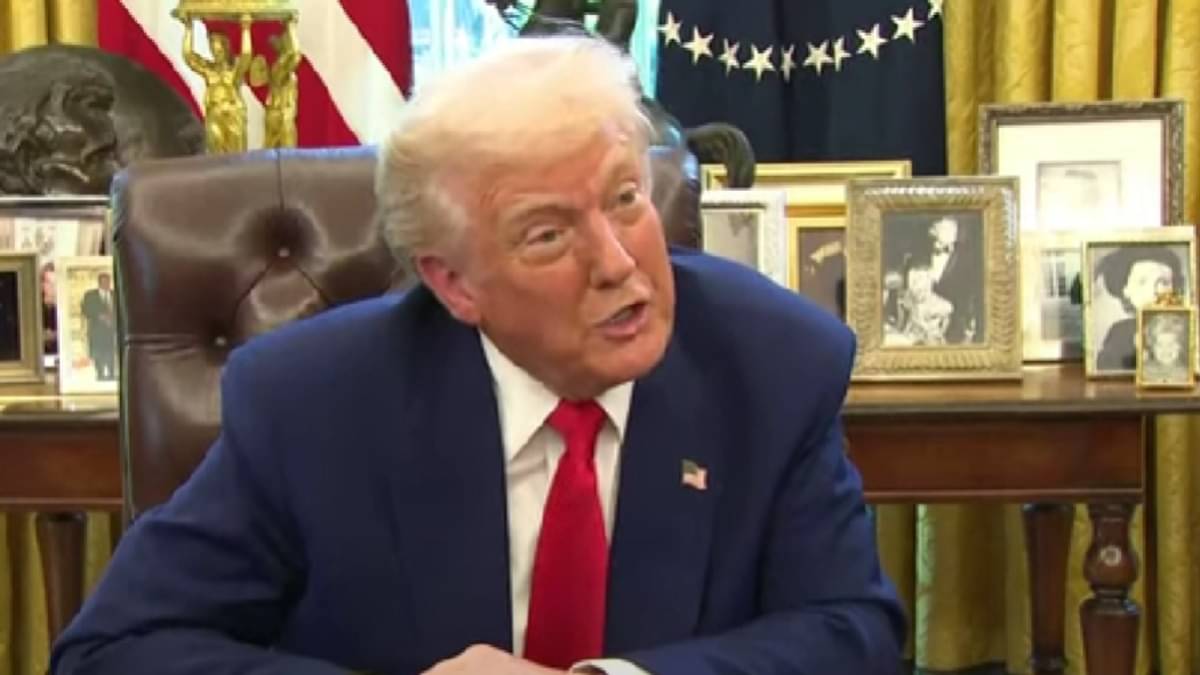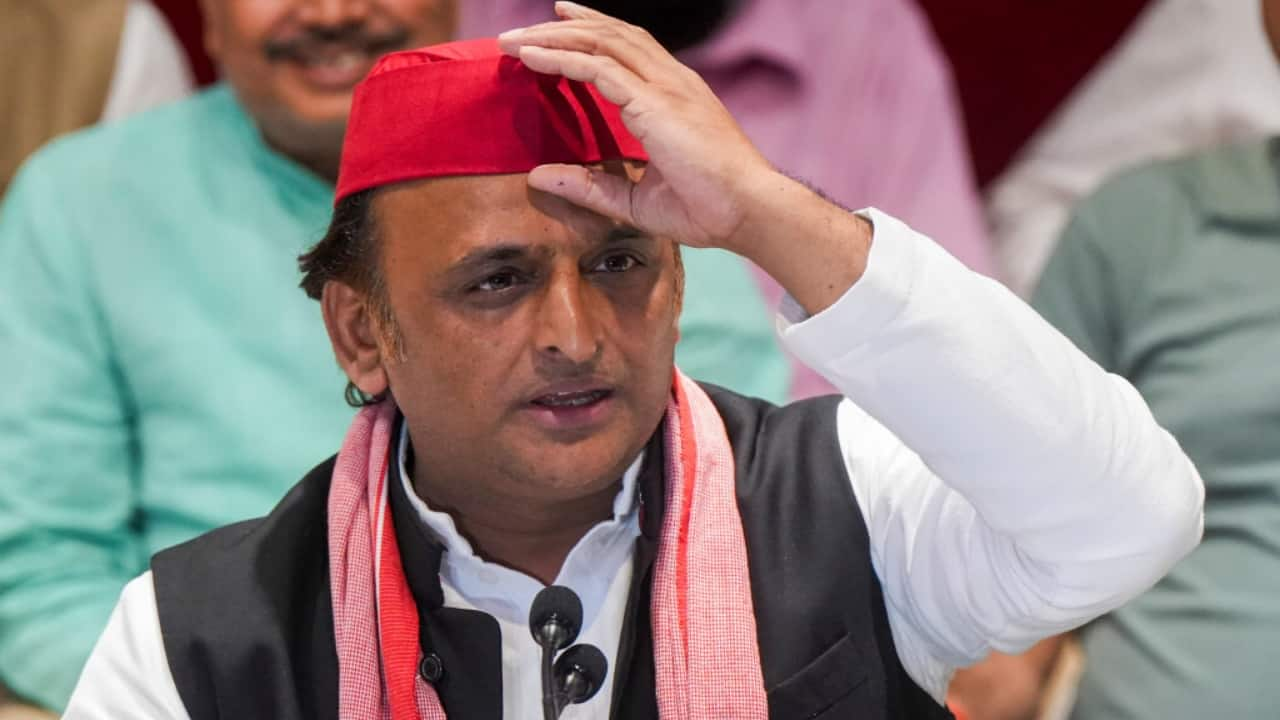Updated April 16th 2025, 08:01 IST President Trump initiates a Section 232 investigation into critical minerals' tariffs, citing national security concerns and dependence on foreign imports. President Donald Trump has signed an executive order launching a Section 232 investigation under the Trade Expansion Act of 1962 to assess the need for tariffs on critical minerals. This action marks a significant escalation in the administration's trade policies, aimed at bolstering national security and reducing dependence on foreign imports.
Background and National Security Concerns The executive order, signed on Tuesday, directs the Commerce secretary to evaluate the impact of imports of critical minerals, including rare earth elements and uranium, on America’s security and resilience. A White House fact sheet underscores these minerals' role as "building blocks" essential for defence industrial capabilities, advanced technology, and critical infrastructure. The order, quoting the fact sheet, emphasizes that these minerals are vital for various applications, such as jet engines, missile guidance systems, advanced computers, and communication equipment.

It also covers processed critical minerals and derivative products integral to national defence and strategic industries. Read More Donald Trump To Sign Order Banning Social Security Benefits For Illegal Immigrants: White House Commerce Secretary's Investigation and Potential Tariffs Under the Trade Expansion Act, the Commerce Secretary is mandated to complete the investigation within 270 days. If findings indicate that imports threaten national security, President Trump could impose tariffs on these materials, replacing existing reciprocal duties on US trading partners.
Current Import Dependency and Economic Implications Despite possessing reserves of some critical minerals, the United States imports a substantial portion, posing economic and security risks. The White House cites data indicating that the US is reliant on imports for at least 15 critical minerals, with 70% of rare earth imports originating from China. Global Trade Dynamics and Reactions The executive order comes amidst escalating global trade tensions, with China responding to previous US tariffs by imposing export restrictions on critical minerals.
These measures are expected to impact global markets significantly, affecting economies in the US, Europe, and Japan. Broader Economic Impact and Market Concerns President Trump's tariff policies, aimed at boosting domestic manufacturing and energy production, have sparked concerns about higher consumer prices and disruptions to international supply chains. Continued Administration Strategy This move follows Trump's earlier tariffs on steel, aluminium, automobiles, and semiconductor and pharmaceutical imports.
It aligns with his administration's broader strategy to enhance domestic production capabilities and reduce reliance on foreign resources. Published April 16th 2025, 08:01 IST.
Business

Trump Launches Probe On Critical Minerals Tariffs Amid Global Trade Tensions - Report

President Trump initiates a Section 232 investigation into critical minerals' tariffs, citing national security concerns and dependence on foreign imports.














